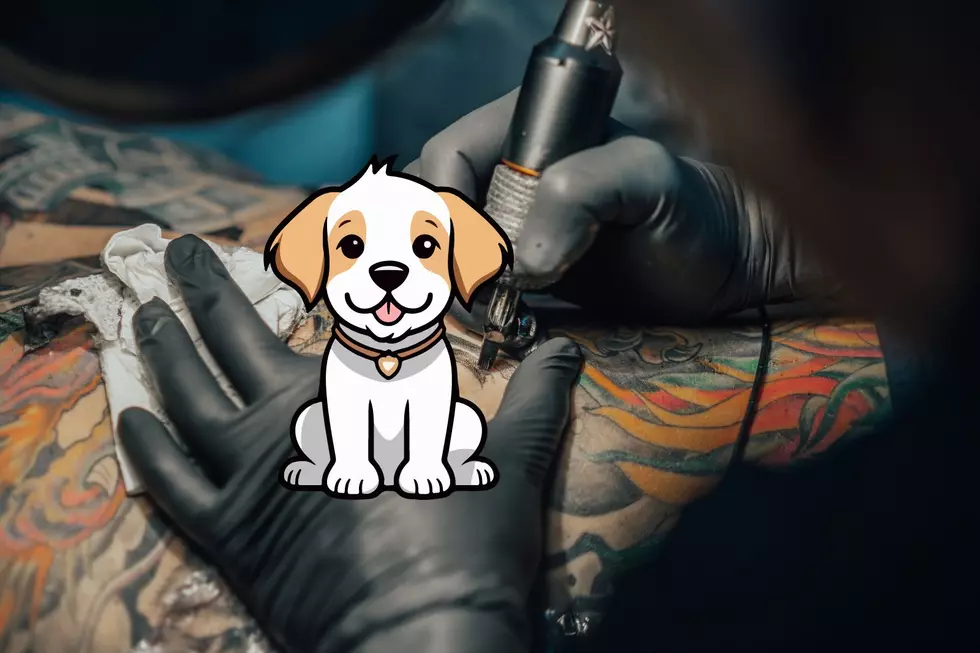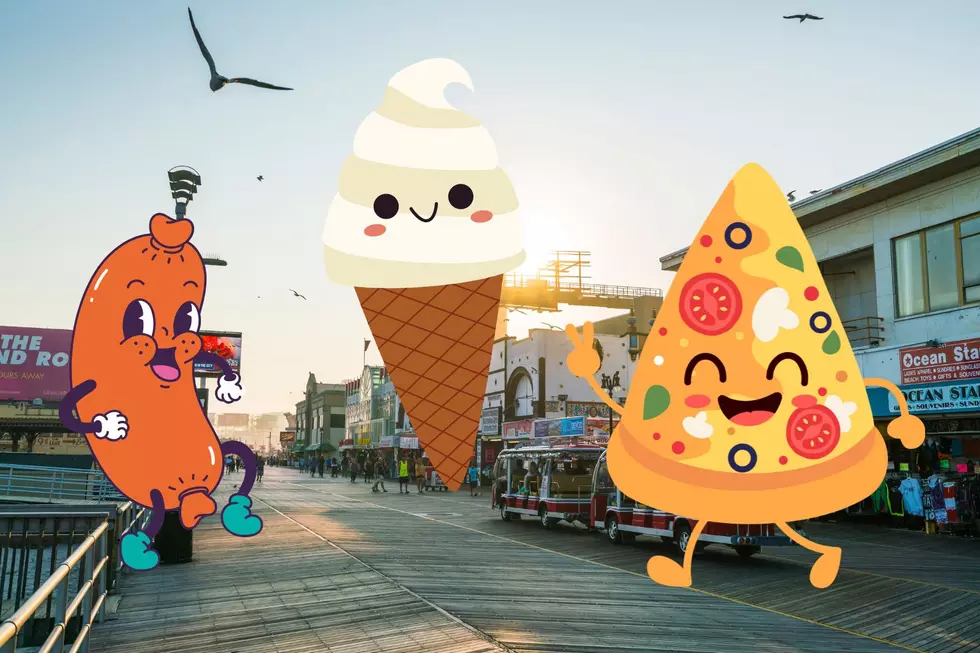
Clams — You’ll Never Look at Them the Same Again
Clam: Inside the Shell. An expose! Sure you may love to eat them...but do you ever think about them while you're swimming in the ocean or bay?
It’s nearly mid-summer along the Jersey Shore...a time when a young clam's thoughts turn to love! The ocean is nice and warm, which makes it a great time for a swim.
But warmer water also means that plankton, a food for clams and other marine animals,
is especially plentiful. Think about that the next time you take a refreshing dip!
As you swim, you'll be surrounded by plankton in the form of millions of microscopic plants and animals. Don’t worry, though, this is a good thing...especially for clams.
Warm water and an abundant food supply make conditions perfect for clam reproduction! Ever wonder just how that happens? In a nutshell (or should we say clam shell) clams reproduce by releasing sperm and eggs into the water and basically hoping for the best.
After fertilization of an egg, cellular division produces clam larvae and eventually tiny clams start to form shells and settle to the bottom. Certain kinds of clams, in early stages of life, possess a gland that produces a thread-like material (byssus) that they can use to anchor themselves to grains of sand or rocks.
Other types of clams use part of their body to dig themselves into the seabed. As clams grow, they use their wedge-shaped foot, which expands and contracts as they move, more and more as a life-saving and burrowing tool.
One common marine mollusk, the surf clam, has already been getting busy
along the Jersey Shore. Next time you are at the beach, gently drag a toe along the wet sand. If you see dozens -- maybe even hundreds -- of very small, oval-shaped shells trying to re-bury themselves in the seabed, odds are you are looking at juvenile surf clams.
Surf clams are quite common along the Jersey Shore. While tiny in their earliest stages, their ridged shell can reach a length of more than eight inches across when mature. They are also a commercially important species. If you enjoy clam chowder, odds are you've eaten a surf clam!
To learn more about everything that has to do with our ocean, visit the NJ Sea Grant Consortium, which is a wealth of information right in our back yard!
More From 94.3 The Point









